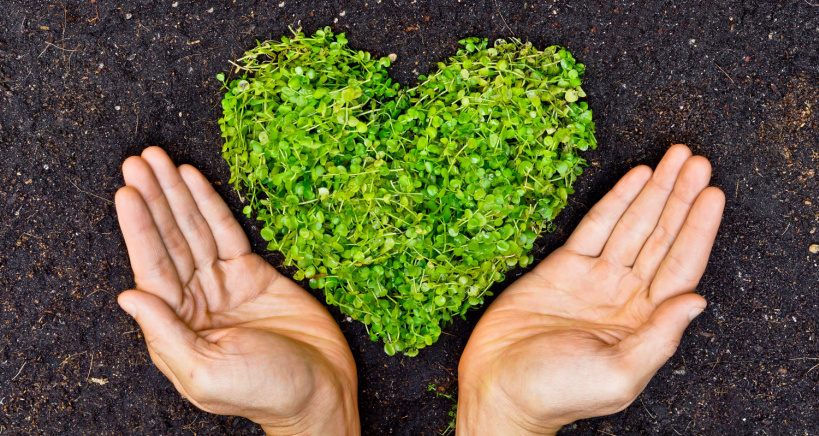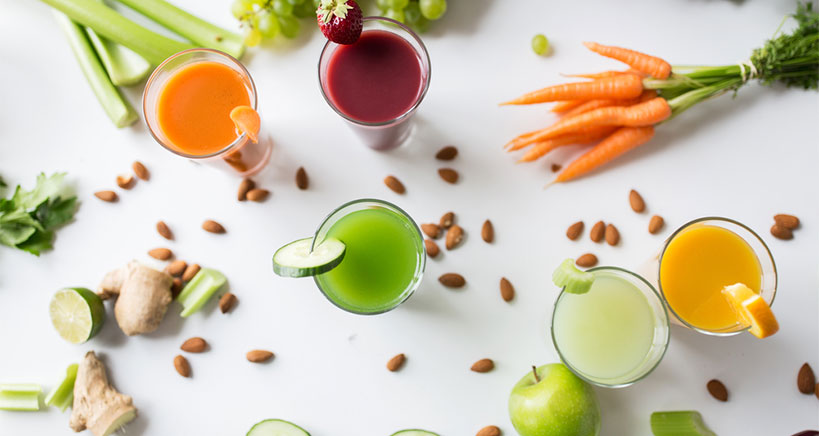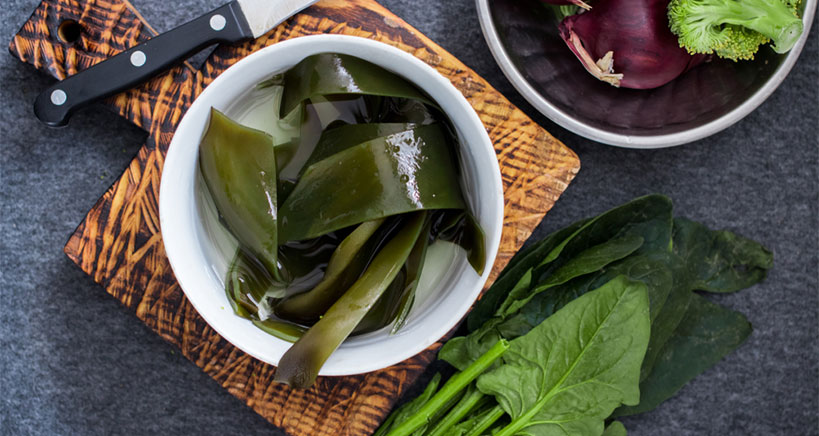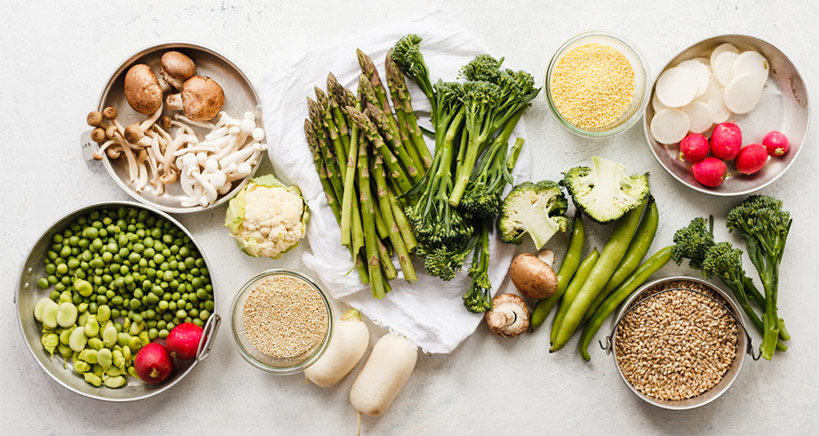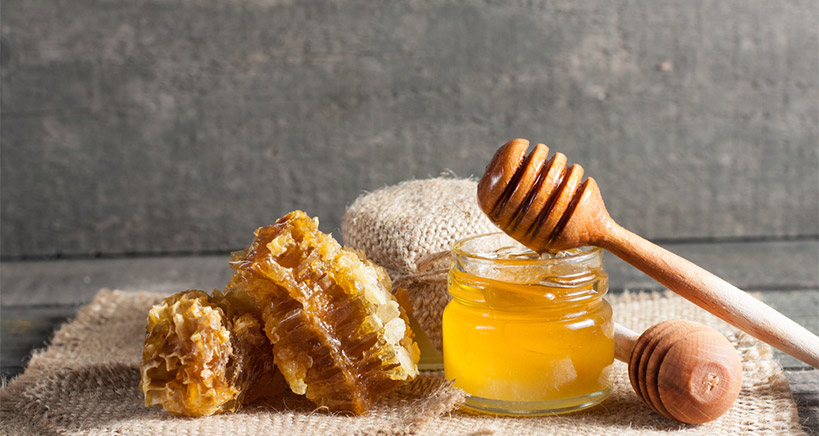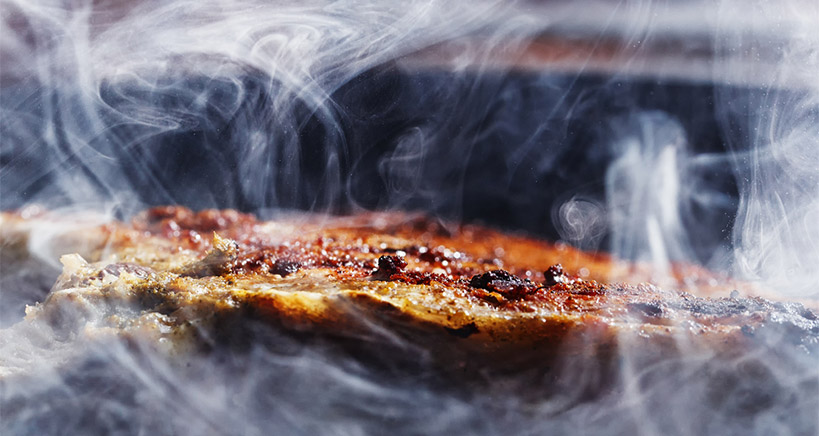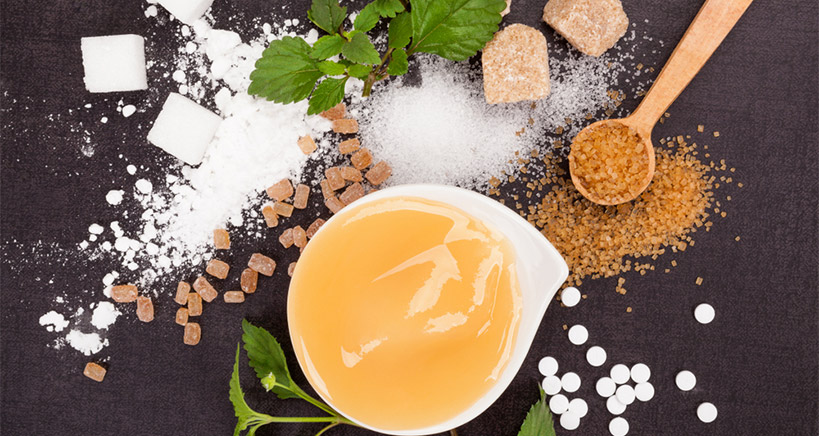
The New Age of Sweeteners
It’s a well-known fact that refined white sugar is bad for us; too much sugar can lead to diabetes, obesity, and a host of other ailments. Nonetheless, when our sweet tooth screams for attention, nothing but a little sugar will do. In the past, a craving for sugar could be satisfied to a degree with honey, maple syrup, or the sweetness of dates; today, however, consumers are demanding more, and food manufacturers are continuing to explore the sweet possibilities of new-fangled sugar substitutes. As the reputation of plain, white, refined cane sugar continues to take a beating, you will find that many of your clients are asking difficult questions about how you plan to incorporate sweetness in your menu without an abundance of white sugar. Read on to learn more about new-wave sugars and how they can work for you.
Why Do We Crave Sugar?
Sugar cravings are hard to resist; when the urge comes upon us for something sweet, nothing else will do. The question, however, is why do so many of us have so little resistance to sugar.
Here are a few possible reasons.
When we don’t eat enough calories – if we’re dieting drastically or just not eating properly – our bodies start looking for fuel as a fast way to catch up, and the instinctive search tends to lead to sugar, one of the quickest energy sources around. Our bodies are so stubborn that even when we try to fool ourselves by ingesting artificial sugars, we go right back to looking for the real thing. Only substantial and real food – the actual providers of energy – can break the cycle, and a craving for sugar will often subside when we eat healthy calories.
Sugar intake can also simply be a bad habit; in other words, what seems like a craving may just be a reaction to a habit that’s both automatic and seemingly impossible to break. Break the sweet-treat habit and the craving may diminish as well. Sugar can also serve as an antidote to too much salty food. Unfortunately most processed and restaurant foods these days are heavily salted, and the saltier our food, the bigger our sweet craving. This is especially true when salt is added artificially to foods and not found naturally, like in olives or cheeses. The salt-sugar progression is a hard one to resist, which is why we tend to reach for a luscious dessert right after we finish a great, big portion of fries.
Continue reading Use the Latest Sweeteners to Appeal to the Health-Conscious Client
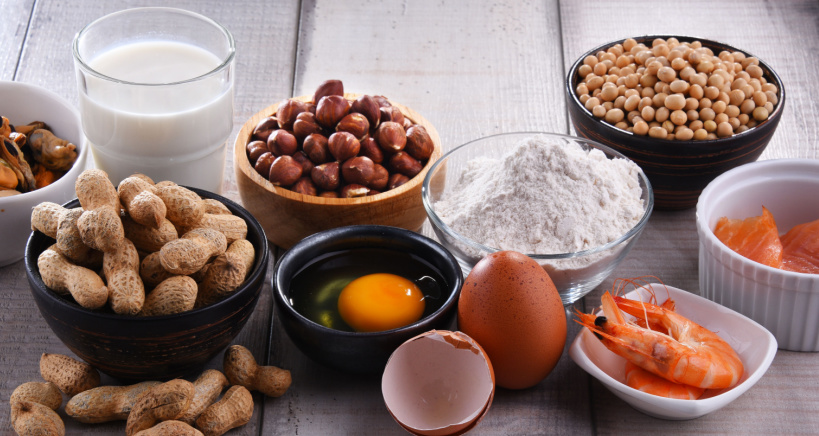
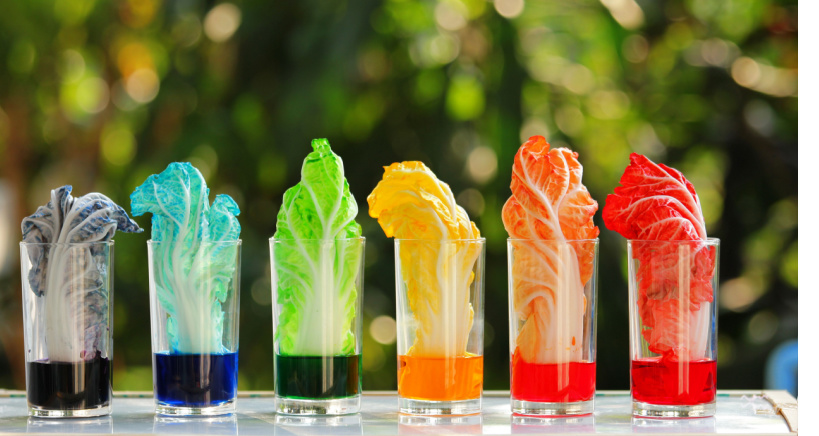 So many of the foods that we eat are associated with their colors: “Taste the Rainbow.” “Golden Delicious Apple.” “Blueberries.” “White Chocolate.” Red Velvet Cake.” Sometimes these colors are a natural outcome of how the food grows or is produced. But, more often than not, in today’s culture of processed foods, our edibles are given artificial colors to make them more appealing and marketable. This includes everything from the use of Red 40 to bequeath Kool Aid with its fluorescent colors to the subtle use of Annatto extract to make Pop Secret’s buttery popcorn look more buttery than it is.
So many of the foods that we eat are associated with their colors: “Taste the Rainbow.” “Golden Delicious Apple.” “Blueberries.” “White Chocolate.” Red Velvet Cake.” Sometimes these colors are a natural outcome of how the food grows or is produced. But, more often than not, in today’s culture of processed foods, our edibles are given artificial colors to make them more appealing and marketable. This includes everything from the use of Red 40 to bequeath Kool Aid with its fluorescent colors to the subtle use of Annatto extract to make Pop Secret’s buttery popcorn look more buttery than it is.